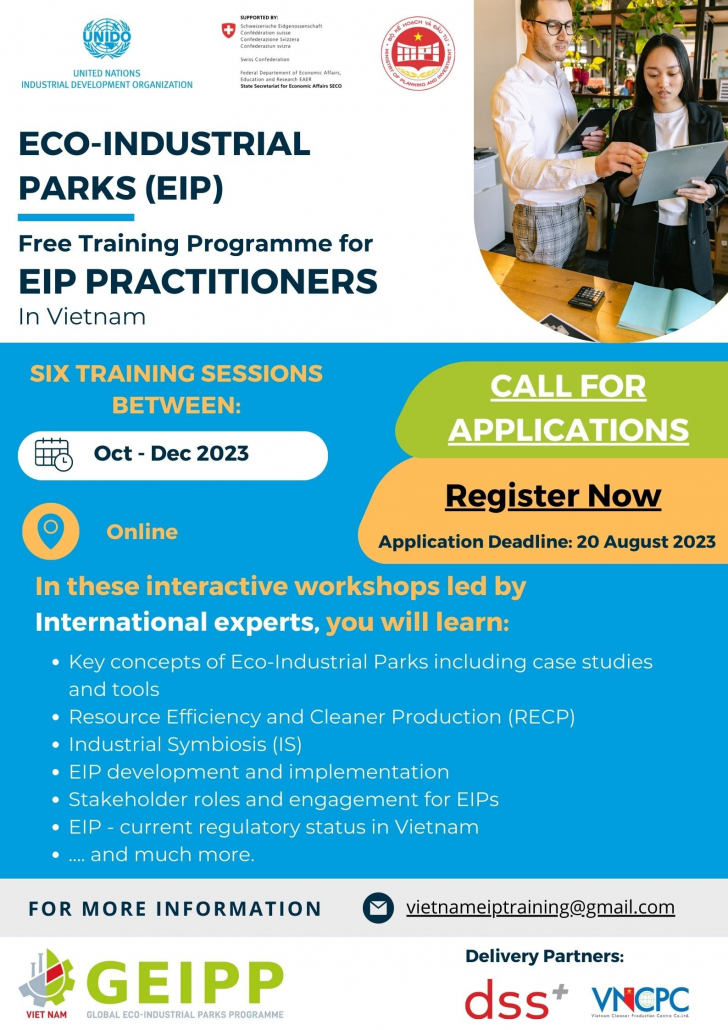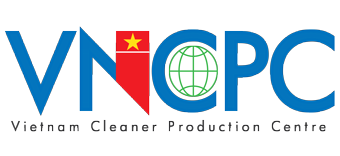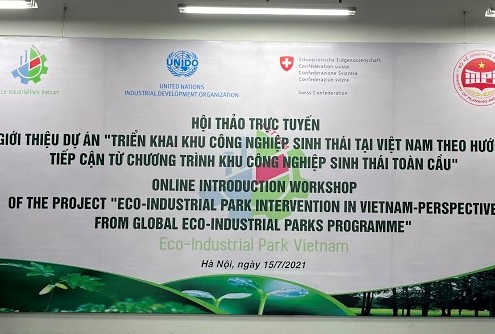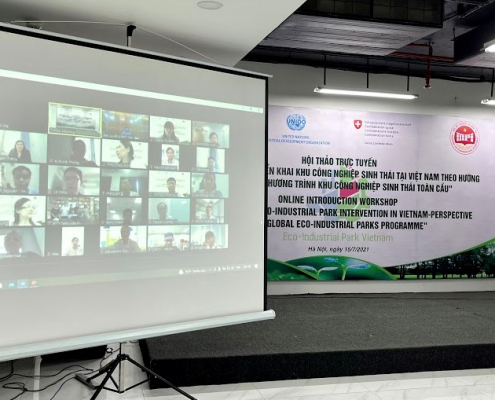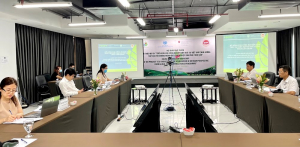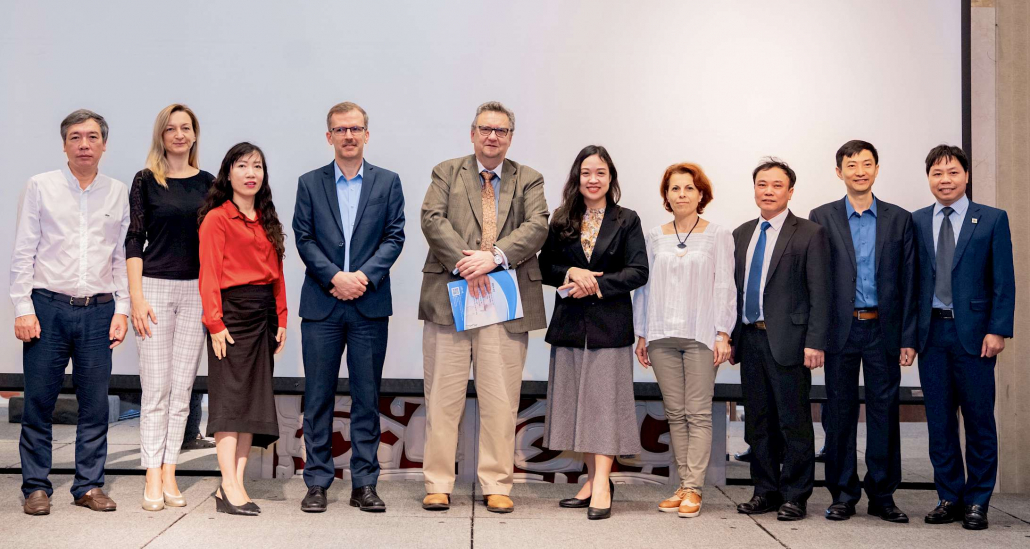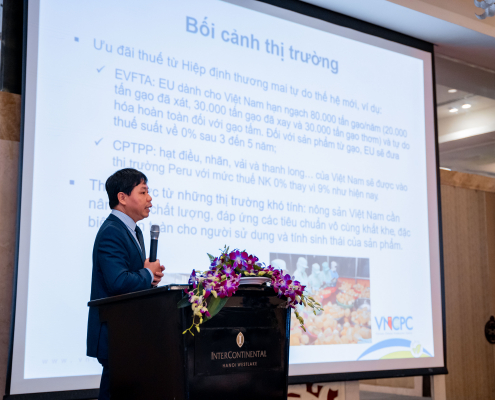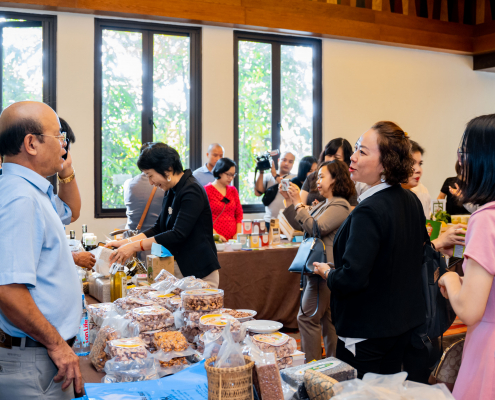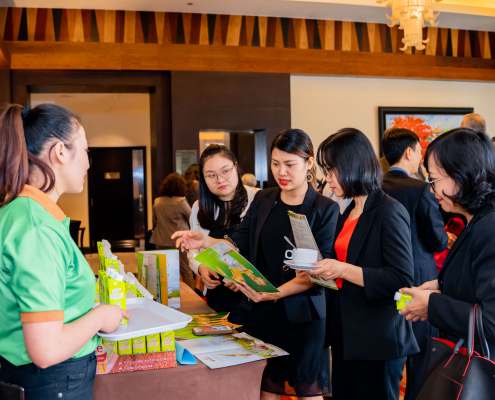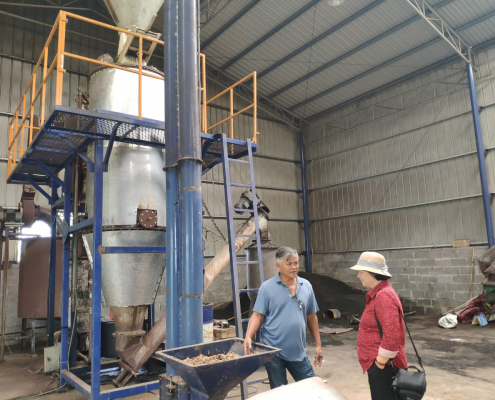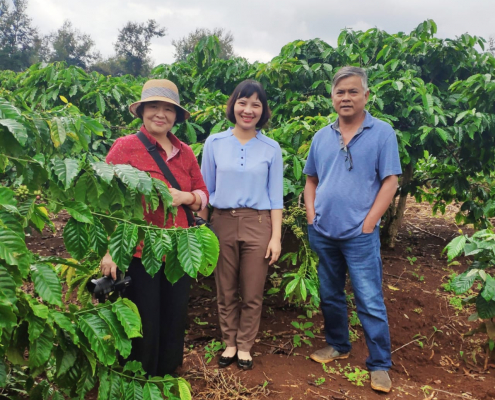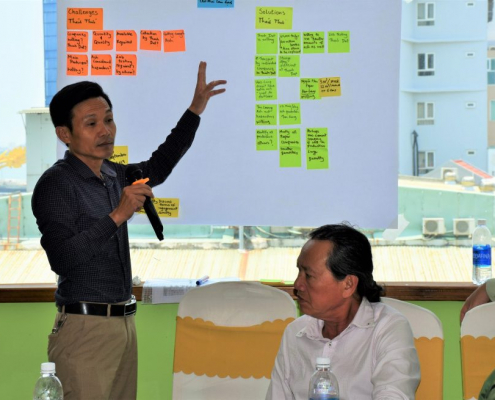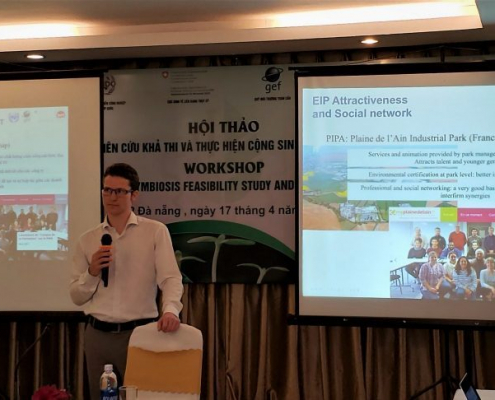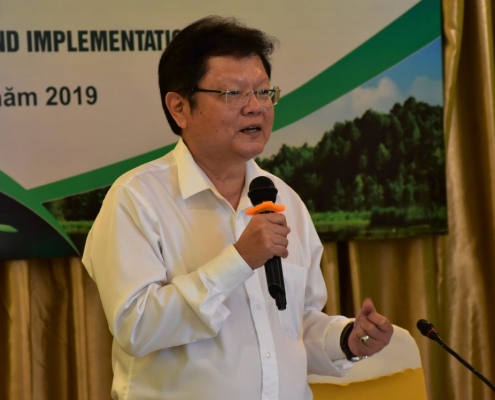72 enterprises of 4 industrial zones in Ninh Binh, Can Tho and Da Nang have implemented resource-efficient and cleaner production, thus saving over USD 6.5 million per year.
“Talking numbers”
That was the result of the project “Implementing an ecological industrial zone initiative towards a sustainable industrial park model in Vietnam” achieved after 5 years of implementation.
With funding from the Global Environment Facility (GEF), the Swiss State Secretariat for Economic Affairs (SECO), the project has been carried out by the Ministry of Planning and Investment and the United Nations Industrial Development Organization (UNIDO) piloted in Khanh Phu and Gian Khau industrial zones (Ninh Binh); Hoa Khanh industrial park (Da Nang city) and Tra Noc industrial zone 1 & 2 (Can Tho).
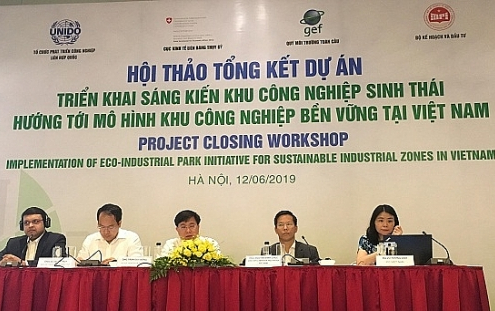
Through technical support from Vietnam Cleaner Production Centre Co. Ltd. (VNCPC), enterprises in industrial zones have been consulted on cleaner production solutions to make the most of input materials, efficient use of energy, water-saving as well as the use of chemical safety, wastewater, and waste management …
Transformation of the ecological industrial model – the inevitable trend
At the end of the first phase of the project, thanked resource-efficient and cleaner production guide, VNCPC’s experts have helped enterprises saved more than 22,000 Mwh of electricity; over 600,000 m3 of clean water; more than 140 TJ (Terajun) fossil fuels, and nearly 3,600 tons of chemicals and wastes. These solutions also helped reduce 32 Kt of CO2 annually.
The project has also conducted training for more than 3,100 managers and technicians. Training programs to provide information on eco-industrial parks; sharing international experiences and methods of application in accordance with the context of Vietnam; tools and resources to develop eco-industrial parks; opportunities and challenges when applying the concept of eco-industrial parks in Vietnam.
At the summarizing conference of the project held in Hanoi, on June 12, 2019, Mr. Tran Duy Dong, Director of the Department of Local and Territorial Economy (Ministry of Planning and Investment) said: “The project took an important role in contributing to the promulgation of relevant regulations on eco-industrial zones in Decree 82/2018 / ND-CP dated 22/5/2018 (Decree 82) of The Government on the management of industrial parks and economic zones, took effect from July 2018. Decree 82 is the first legal document in Vietnam laying the foundation for the implementation of the transition from conventional industrial parks to ecological industrial zones.
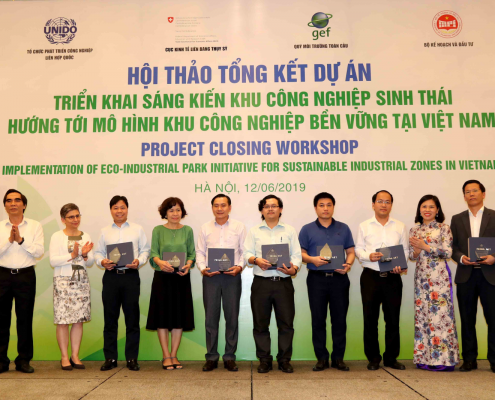
Deputy Minister Nguyen Van Trung, Swiss Ambassador to Vietnam – Beatrice Maser Mallor and UNIDO Representative in Vietnam Le Thi Thanh Thao presented awards to the units participating in the project. Photo: MPI
The United Nations Resident Coordinator, Mr. Kamal Malhotra, also stressed that: “the project is a concrete illustration of a recirculating economy. That is what the Vietnamese government is interested in and wants to learn from the UN and other development partners to identify strategic priorities for socio-economic development in the period of 2021 – 2030. With this medium-term vision, the Government is putting much hope into achieving a “dual goal”: high and sustainable growth in parallel with environmental protection”.
National representative of UNIDO office in Vietnam, Ms. Le Thi Thanh Thao said: converting existing industrial zones to ecological industrial model will be an opportunity to achieve sustainable and widespread industrial development. in Viet Nam. Accordingly, UNIDO will continue to work with the Government of Vietnam to implement the Global Program for Resource Efficiency and Cleaner Production (RECP) funded by the Swiss Government.
“Eco-industrial park project is a continuation of the long road UNIDO supports Vietnam in cleaner production and energy efficiency in industry for more than 20 years. I believe that today’s successes will create a solid premise for the deployment of replicating ecological industrial models in Vietnam in the coming years. Since then, contributing to environmental protection, sustainable development and attracting quality investment, especially from the private sector, improving Vietnam’s competitiveness. ”- Ms. Thao said.
Representing the business, Ms. Nguyen Thi Thu Ha, Chairman of the Board of Asia Architecture and Trading Company Limited (Tan Long Paper Factory – Da Nang) said: Joining the project, the company has improved viable sources of fuel, thereby reducing production costs, improving competitiveness and contributing to improving workers’ lives. The company has also applied 21 energy-saving solutions. Accordingly, within 1 year, 2.63 billion VND was saved, 360 tons of raw material inputs were reduced per year and 540 tons of CO2 were reduced per year.
Not only that, businesses are planning to implement some industrial symbiotic solutions proposed by experts. This shows the sustainability of project activities. Industrial symbiotic solutions are expected to include: reuse of an enterprise’s waste water and waste materials as input materials for another enterprise; heat recovery and improved waste collection efficiency; shared water boilers as well as shared transportation and other services for workers.
VNCPC
